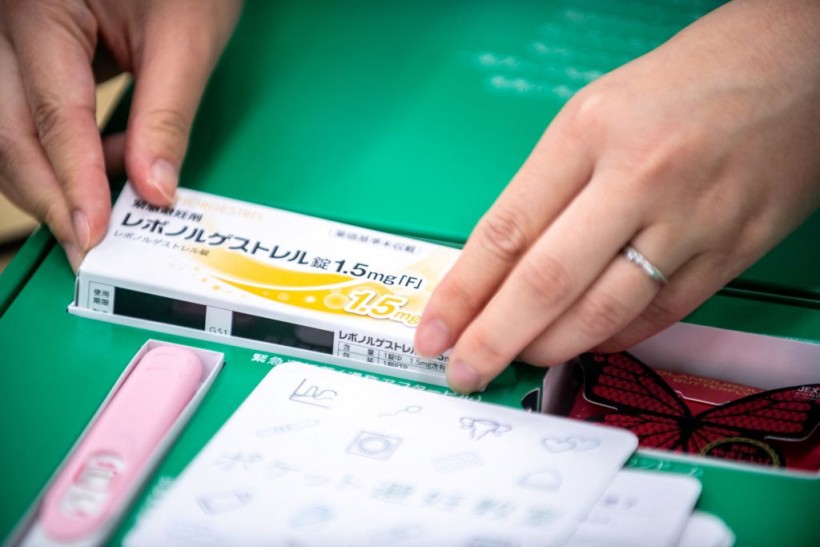Weeks after approving the abortion pill, Japan will now allow the experimental sale of emergency contraception without a prescription.
The decision, which was announced by the media on Tuesday, will bring Japan into compliance with the laws of dozens of other nations where the morning-after pill is currently sold without a prescription.
The law, as it stands now, mandates that all women, including those who have experienced sexual assault, visit a clinic or hospital to obtain an emergency contraception prescription. It is believed that taking the medications within 72 hours of unprotected sex will maximize their effectiveness.
According to the Kyodo news agency, a health ministry panel allowed the sale through March of next year at pharmacies manned by competent pharmacists who can communicate with local obstetrics and gynecology clinics, reported by The Guardian.
The decision to permit over-the-counter sales is a significant policy change and comes shortly after the abortion pill was approved in April. Only surgical abortions during the first nine weeks of pregnancy were formerly permitted.
Read also: Obama Administration Drops Age-Limit For Plan B Contraceptive Pill
A Show of Male Dominance in the Country
Campaigners claim that the lengthy delay in Japan's approval of the abortion pill—which was already legal in more than 70 other nations—reflects the poor importance that the nation's male-dominated government and medical establishment place on women's sexual health.

(Photo: by PHILIP FONG/AFP via Getty Images) This picture, taken on June 8, 2022, shows pharmacist Reina Suzuki putting a box of morning-after pills into a fertility control kit at a pharmacy in Tokyo. - Emergency contraception cannot be bought without a doctor's approval in Japan and is not covered by public health insurance, so it can cost up to 150 USD.
In 1999, it took Japan 40 years to approve oral contraceptives but only 6 months to approve Viagra, a medication for erectile dysfunction.
According to the ministry, emergency contraceptives, which have an efficacy rate of about 80%, are available without a prescription in about 90 other nations.
The trial sale is well-liked by the general public. More than 90% of the 46,312 responses received last year after a health ministry panel asked for public input were in favor of pharmacy sales, according to the public broadcaster NHK.
In 2017, the panel refrained from sanctioning over-the-counter sales out of concern that the medications' accessibility would promote "irresponsible" behavior.
However, medical professionals have demanded that the medications be made more widely available since they would give rape survivors additional options and perhaps lessen the need for pricey surgical abortions.
Contraception in Japan
Contraception in Japan has a long and complex history. It has been influenced by a variety of factors, including religious beliefs, cultural norms, and government policies.
In the early 20th century, the Japanese government was hesitant to promote contraception, as it was seen as a threat to the country's population growth. However, in the 1950s, the government began to change its stance, and contraception became more widely available.
Today, there are a variety of contraceptive methods available in Japan, including condoms, oral contraceptives, IUDs, and emergency contraception. However, the use of contraception in Japan is still relatively low compared to other developed countries.
There are a number of reasons for this, including the fact that many Japanese people still believe that contraception is morally wrong. Additionally, some Japanese women are concerned about the side effects of hormonal contraception.
Related article: Monthly Menstrual Cycle Could Help Scientists Better Understand Mental Health Problems in Women








